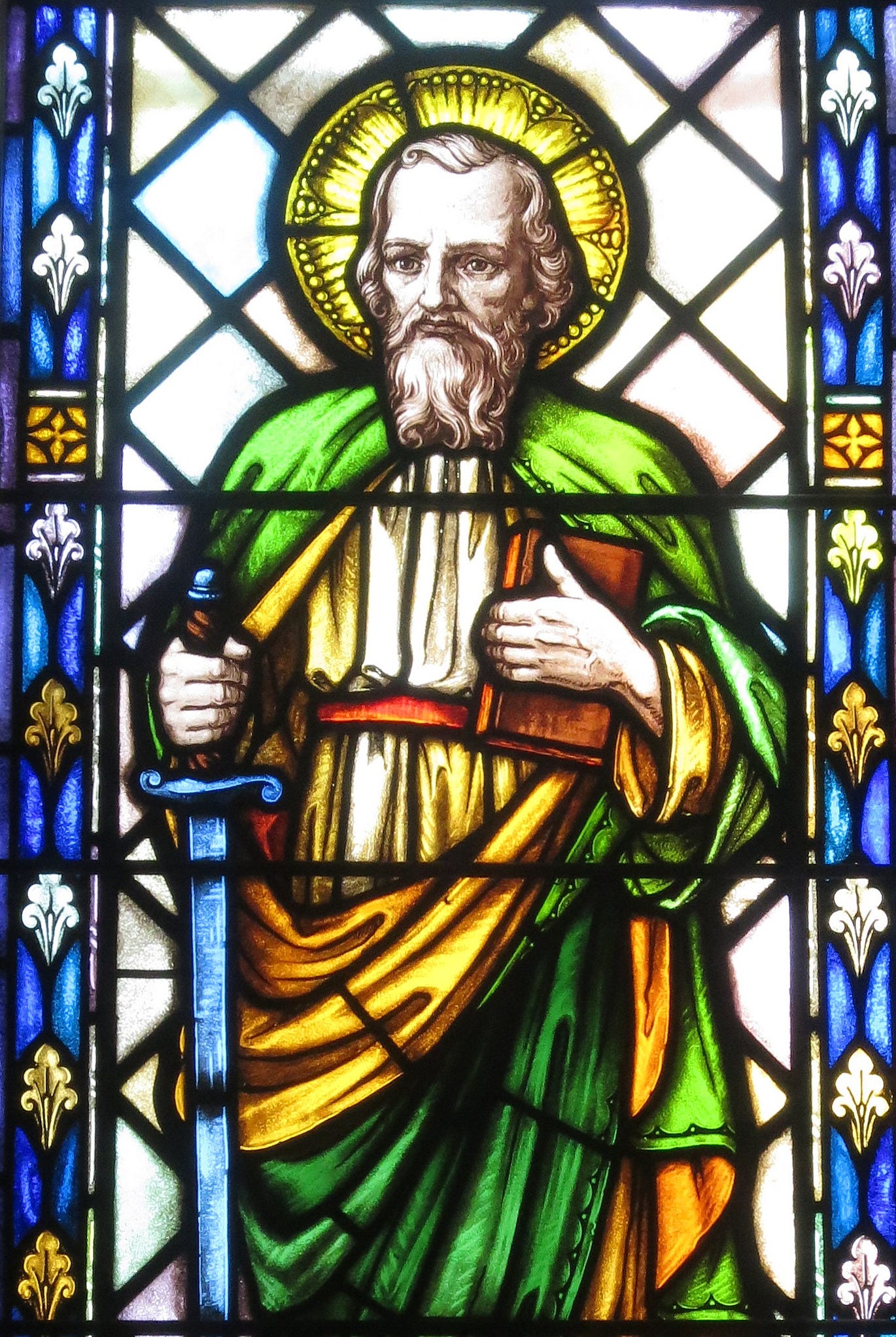
Just twelve days after Epiphany, when we celebrate the revelation of Jesus and his divinity to the world, we observe another red-letter feast day that focuses on revealing Jesus as the messiah that Israel had been waiting for.
The story is told in all three synoptic Gospels.1 Jesus asks his disciples who people are saying that he is. What are the rumors going around? They answer that some say he is Elijah; some say he’s John the Baptist, back from the dead; and others say he’s one of the other prophets from long ago.
Then Jesus asks
“But who do you say that I am?”
Simon Peter replied, “You are the Christ, the Son of the living God.
And Jesus answered him, “Blessed are you, Simon Bar-Jonah! For flesh and blood has not revealed this to you, but my Father who is in heaven.
“And I tell you, you are Peter, and on this rock I will build my church, and the gates of hell shall not prevail against it. I will give you the keys of the kingdom of heaven, and whatever you bind on earth shall be bound in heaven, and whatever you loose on earth shall be loosed in heaven.”2
This passage has been central to an important historical controversy, which we’ll discuss below. But first, consider the weight of this confession. Peter, like Jesus and all of his disciples, was a Jew, and his people had been waiting for their messiah (or Christ) for hundreds of years. Many false messiahs had risen up and gained big followings, but they had all ended in failure.
Peter, though, saw that Jesus was different. This was the real deal.
But not only was he the messiah, claimed Peter, but also “the Son of the Living God”! This is an even greater claim. There were times when God referred to Israel — the nation as a whole — as his son,3 or when the people of Israel had been referred to collectively as the sons of God,4 but to say that this one man was the Son of God is something different. It is to say that he is God himself.
historical background
The Feast of the Confession of Peter is actually pretty new, but it comes from a much older Roman Catholic feast. Tradition holds that toward the end of his life, Peter traveled to Rome and became the bishop of the church in that all-important city. Since the fourth century, the Roman church has held a feast called the Chair of Peter, celebrating his position as the head of that church. As the belief grew that the bishop of Rome, who became known as Papa or Pope, should have authority over all other bishops, this feast became a commemoration of the supreme authority of the Pope.
That feast didn’t last in the Protestant churches, of course. Peter had a separate feast day in June, sometimes shared with Paul, but the “Chair of Peter” was no longer a subject of celebration.
It wasn’t until 1979 that the Episcopal Church’s new edition of the Book of Common Prayer included the Confession of St. Peter as a feast day,5 occurring on one of the two days that the Chair of Peter was previously celebrated. Instead of Peter’s seat, it is Peter’s confession that is remembered as the foundation of the church.
Other Protestant churches followed the Episcopal Church’s lead. For example, the Lutheran Book of Worship began to include the Confession of St. Peter soon after.6
so, is Peter the rock?
After Peter’s confession, Jesus gave him his name, “Peter,” which means Rock, and said “on this rock I will build my church.” Roman Catholics take this to mean that Peter himself is the rock upon which the church is founded, and that therefore the position that he occupied, the bishopric of Rome, is meant to be the head of all the church.
Others have interpreted this passage as referring to Peter’s confession as the rock upon which the church would be built. Still others say that the rock is Christ himself.
Rather than dive into the various interpretations of that scripture myself, I’d like to recommend a video by Dr. Gavin Ortlund, a historical theologian:
Dr. Ortlund points out that even St. Augustine saw the rock as Peter’s confession rather than Peter himself.
What could be a contentious holy day, considering it’s Roman Catholic roots and it’s much more Protestant reinvention more recently, it is significant that this feast day is also chosen to be the first day of “The Week of Prayer for Christian Unity.” As the collect “For the Unity of All Christian People” prays:
Deliver your Church from all enmity and prejudice, and everything that hinders us from godly union. As there is one Body and one Spirit, one hope of our calling, one Lord, one Faith, one Baptism, one God and Father of us all, so make us all to be of one heart and of one mind, united in one holy bond of truth and peace, of faith and love, that with one voice we may give you praise.7
Amen.
Whatever we conclude about the historical role of Peter or the bishops that followed him in Rome, all Christians can celebrate Peter’s confession of Christ and declare with him that Jesus is the Christ, the Son of the living God!
“The Confession of Saint Peter the Apostle,” An Episcopal Dictionary of the Church, https://www.episcopalchurch.org/glossary/confession-of-saint-peter-the-apostle-the/.
“The Confession of St. Peter (January 18),” The North American Lutheran Church, https://thenalc.org/worship-resources/festivals-commemorations/the-confession-of-st-peter-january-18/.
The Book of Common Prayer (2019) (Huntington Beach, California: Anglican Liturgy Press, 2019), 647.





As always, this was super insightful Keith!